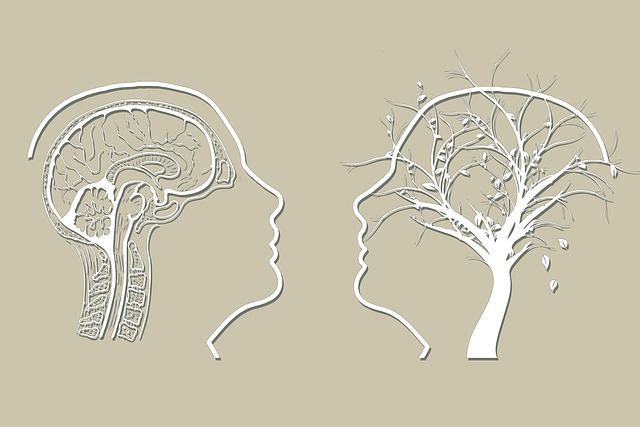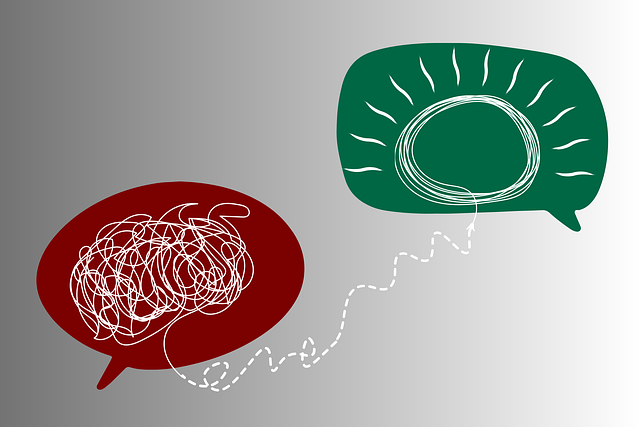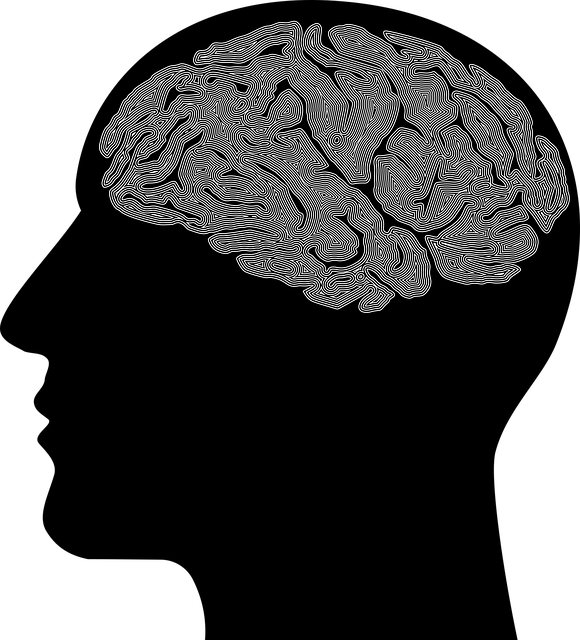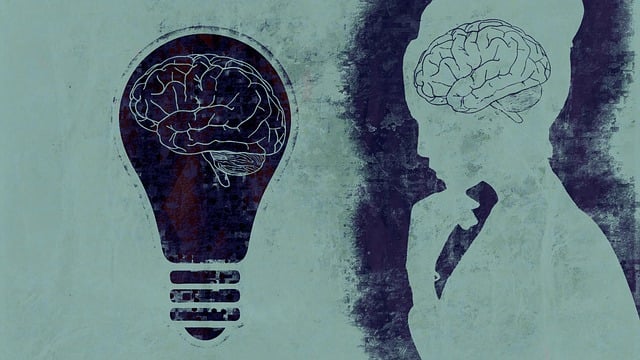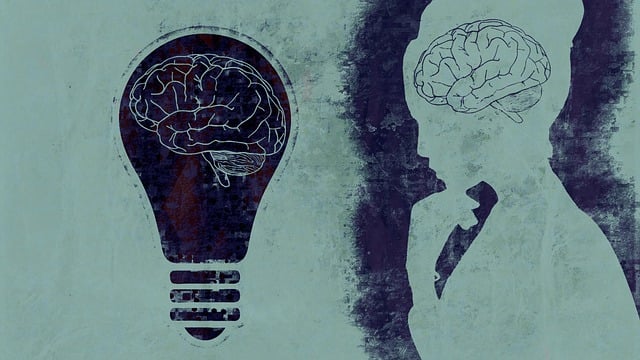Functional Neurological Disorders (FND) profoundly affect adolescent teens' lives, combining physical symptoms with psychological distress. To address these challenges, therapy employs a multifaceted approach including self-awareness exercises and mental wellness journaling to manage symptoms and promote proactive coping strategies tailored to each teen's unique needs. Mental health professionals working with complex cases like FND face significant risk factors for their own mental wellness and should prioritize emotional healing, support networks, and resilience-building activities. Effective risk management in FND therapy involves promoting mental wellness, cultural sensitivity, integrating coping mechanisms, self-regulation techniques, and compassion cultivation to enhance therapeutic outcomes. Two case studies demonstrate the benefits of comprehensive risk management strategies for both healthcare providers and their adolescent patients with FND.
Mental health professionals are increasingly encountering young patients with functional neurological disorders (FNDs), particularly in adolescent teens. This article explores the complex interplay between FNDs and mental health risks, offering valuable insights into risk management planning. We delve into the impact of specific risk factors on therapists, presenting practical strategies for effective risk assessment and mitigation. Through case studies, we highlight successful implementations and lessons learned, emphasizing the importance of tailored interventions for Therapy for Adolescent Teens with FNDs.
- Understanding Functional Neurological Disorders in Adolescent Teens
- The Impact of Risk Factors on Mental Health Professionals
- Strategies for Effective Risk Management Planning
- Case Studies: Successful Implementation and Lessons Learned
Understanding Functional Neurological Disorders in Adolescent Teens

Functional Neurological Disorders (FND) in adolescent teens are a growing area of concern in mental health. These disorders, which manifest as a combination of physical symptoms and psychological distress, can significantly impact a teen’s ability to function daily. Therapy for adolescent teens with FND often involves a multifaceted approach, focusing not just on managing symptoms but also on enhancing self-awareness exercises and promoting mental wellness through journaling exercises.
By understanding the unique challenges posed by FND, mental health professionals can tailor interventions effectively. This includes developing strategies for anxiety relief tailored to each teen’s specific needs. The integration of Self-Awareness Exercises and Mental Wellness Journaling Exercise Guidance has been shown to be particularly beneficial, offering a proactive approach that supports teens in managing their conditions and navigating the complexities of adolescence.
The Impact of Risk Factors on Mental Health Professionals

Mental health professionals are often at the forefront of addressing complex and sensitive issues, which can significantly impact their own mental wellness. Risk factors play a pivotal role in shaping their well-being, particularly when encountering clients with challenging conditions such as functional neurological disorders (FND) or therapy for adolescent teens. These professional interactions may trigger emotional strain due to high-stress situations, intense emotions, and potential traumatic revelations.
The impact of these risk factors can lead to burnout, secondary trauma, and even the onset of mental health issues like anxiety or depression. It is crucial for professionals to recognize these risks and incorporate strategies into their practice routines. This may include engaging in ongoing emotional healing processes, accessing support networks, and participating in professional development activities focused on resilience-building. Additionally, leveraging resources such as a mental wellness podcast series production can offer valuable insights and community connections, fostering a supportive environment for both personal and professional growth.
Strategies for Effective Risk Management Planning

Effective risk management planning for mental health professionals involves a multi-faceted approach tailored to address diverse client needs, especially when treating adolescents with functional neurological disorders (FND). One key strategy is integrating mental wellness promotion into routine care. This includes empowering teens with coping mechanisms and self-regulation techniques to manage stress, anxiety, or distress associated with their conditions. By fostering cultural sensitivity in mental healthcare practice, professionals can create a safe and inclusive environment, ensuring that treatment aligns with the client’s cultural beliefs and values.
Additionally, incorporating compassion cultivation practices into therapy sessions can enhance therapeutic outcomes. Encouraging empathy, self-kindness, and mindfulness helps adolescents develop a positive self-image and build resilience, which are crucial for navigating challenges related to FND. Such practices not only mitigate risks but also promote overall mental wellness, fostering an environment where teens feel understood and supported throughout their therapy journey.
Case Studies: Successful Implementation and Lessons Learned

Case Studies: Successful Implementation and Lessons Learned
Several case studies highlight effective risk management planning within mental health settings, particularly focusing on therapy for adolescent teens with functional neurological disorders (FND). One notable example involves a private practice that implemented structured protocols for case assessment and intervention. By meticulously documenting patient progress and utilizing data-driven approaches, they reduced the occurrence of severe anxiety episodes in their young clients. This success story underscores the importance of systematic risk assessments and tailored interventions in preventing relapses and enhancing long-term outcomes.
Another compelling case involves a community-based mental health center that integrated burnout prevention strategies for healthcare providers alongside conflict resolution techniques. This proactive approach significantly improved staff well-being, fostering a healthier work environment. Consequently, the center experienced higher client satisfaction rates and better adherence to treatment plans, particularly in managing anxiety relief for teens diagnosed with FND. These case studies offer valuable insights, demonstrating that comprehensive risk management planning is not only feasible but also profoundly beneficial for both healthcare providers and their patients.
Mental health professionals play a pivotal role in supporting adolescent teens suffering from functional neurological disorders (FNDs). By implementing robust risk management planning, they can enhance patient safety and outcomes. Understanding the unique impact of FNDs and recognizing associated risk factors is essential. Incorporating evidence-based strategies and learning from successful case studies enables therapists to create tailored, effective plans. Effective risk management ultimately fosters a secure environment for therapy, promoting positive mental health outcomes for this vulnerable population.
